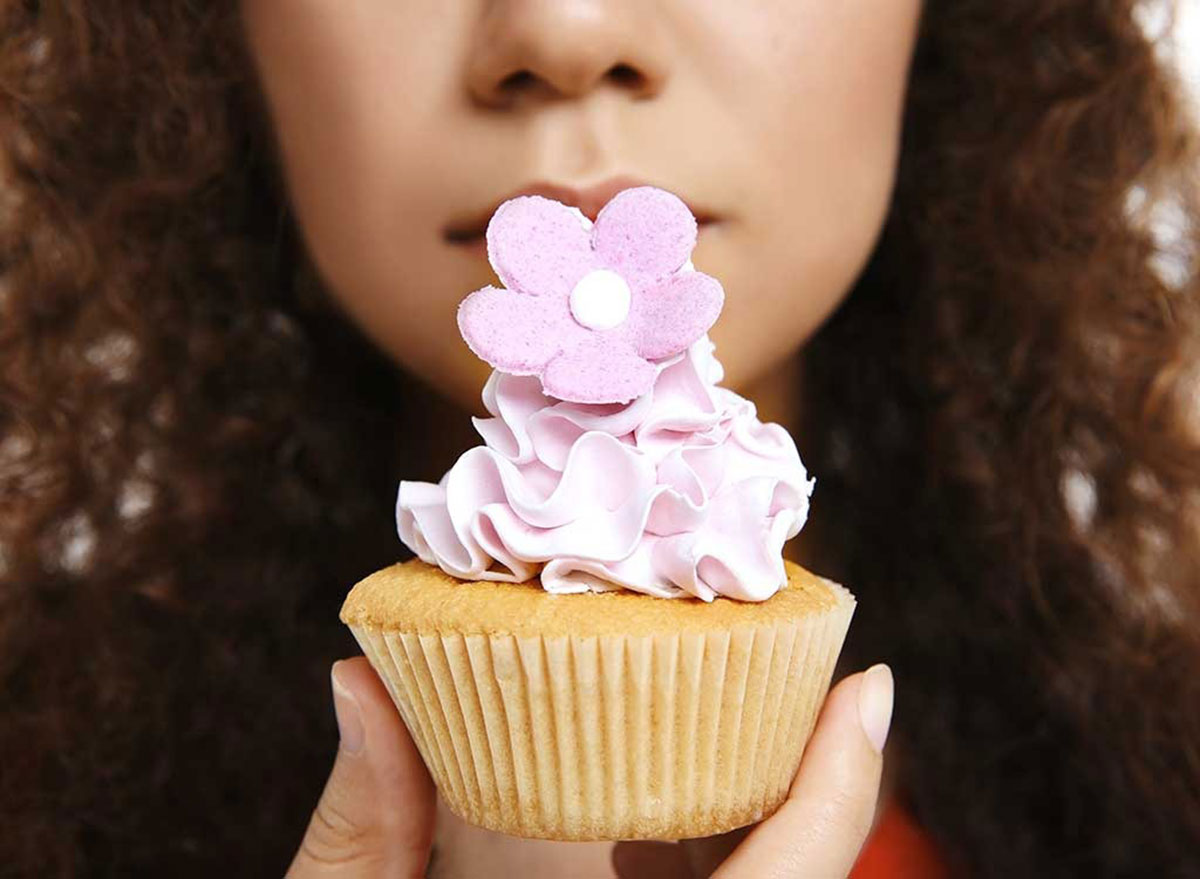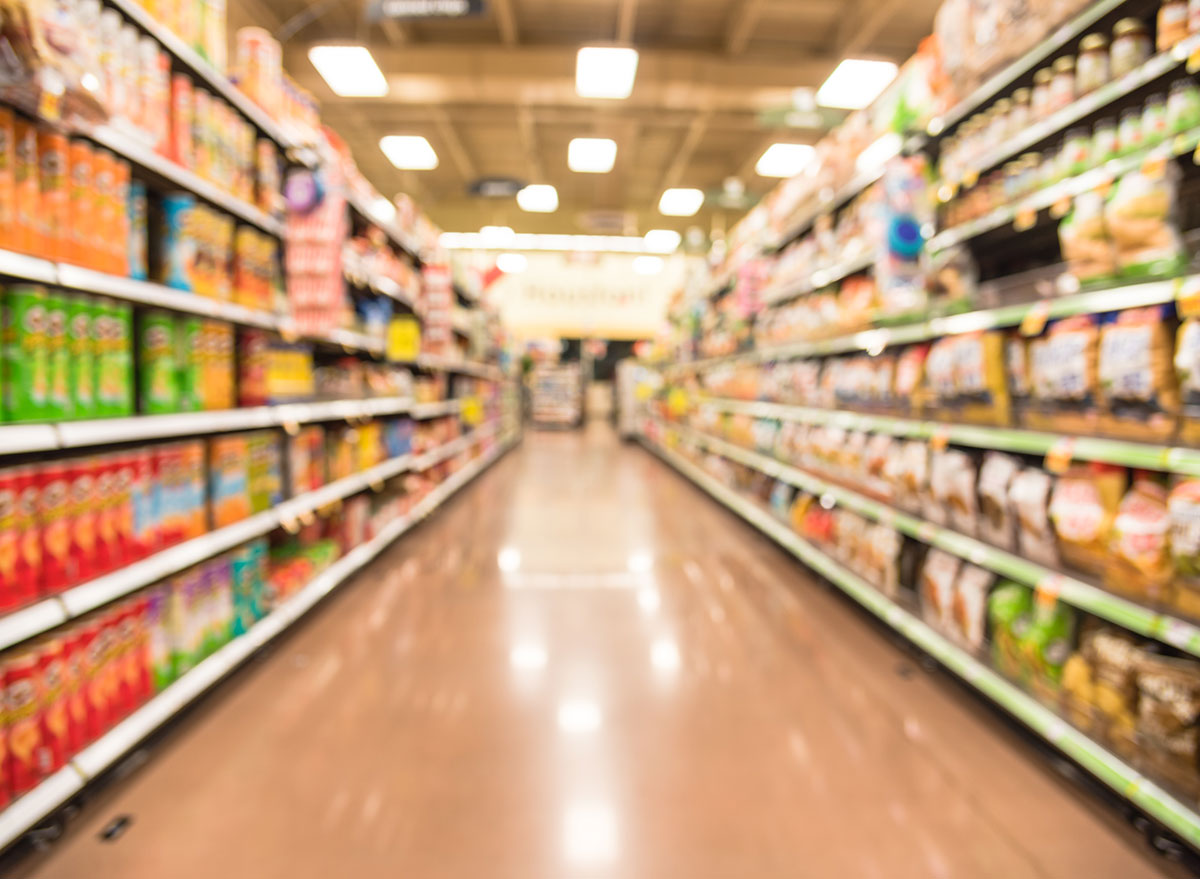This One Trick Will Cut Your Sugar Cravings for Good

In case you haven’t heard, sugar is bad for you. That was a joke… of course you’ve heard. And you probably aren’t happy about it. I feel you.
In fact, I was so unhappy about the need to break up with sugar (and worried about my ability to do it), that I created an entire program to boost the odds of success. Admittedly, doing the program takes some commitment and time (three weeks, to be exact), so I’m going to hand you a hack to easily cut added sugar—the evilest kind—out of your diet. Ready? Here it is: Don’t eat anything that comes in a package.
Before you scoff, let me explain: Manufacturers use technology to produce highly refined foods that are inexpensive to make, and then taste scientists engineer these Frankenfoods to have just the right amount of sweetness to make you crave more…and more. The problem: these modern-day creations may be harmful to your health.
One study in Frontiers in Psychiatry found that this practice of adding the nutrient (loose term) sugar to foods to make them more appealing has been a key contributor to the escalating obesity epidemic. That same study also confirmed that we can become habituated (read: addicted) to sugar when we eat it regularly, as most of us do… sometimes unknowingly.
How Sugar Seduces

If you’re like most grocery shoppers, you assume you only need to look out for added sugars in sweet foods, such as cookies and cakes. However, added sugar, refined carbs, and artificial sweeteners are also present in so-called savory foods. Says registered dietitian Keri Glassman: “If you take a look at what’s in your pantry, you’ll see the crackers, dressing, and marinara sauce likely have sugar. You may have an increased desire for sugar because you’re consuming more of it than you even realize.”
Not only that, but sugar produces pleasure. Dopamine is a neurotransmitter within your body’s “reward center.” When you do something your body gets a charge from, dopamine is the chemical that’s released in your brain that makes you feel good—and that makes you want to keep doing it. And per studies sugar can have dopaminergic and opioid effects that are similar to psychostimulants.
So, when dopamine is released while you’re eating a piece of chocolate, it’s responsible for that persuasive voice inside your head telling you to start breaking off the next bite. “A lot of us have developed a sugar dependence—feeling sugar highs and lows,” says Glassman, who explains: “The more we have, the more we want. And the more we have, the harder it is to get that same buzz.”
Kicking the Convenience Habit

Simply put, we have developed a reliance on packaged foods because they save time and effort. But every time you tear into one of those packages, you’re likely to get a whole lot of sugar along with the convenience.
Can you learn to read nutrition facts and ingredient labels to avoid sugar? Absolutely—just know that the U.S. Food and Drug Administration (FDA) calculated that there are over 60 different names used for “sugar” on food labels, with covert monikers such as dextrose, barley malt, and sucrose, for starters.
The surest way to know that you’re cutting out sinister sugars is to eat whole foods—i.e., foods that aren’t processed and don’t come in a package. Yes, shopping, preparing, and cooking fresh food takes some doing. (These 33 home-cooking tips make it a lot easier). But there’s no escaping the fact that cooking meals at home is healthier.
If you’re thinking about leveraging another hack—ordering takeout—think again; frequent consumption of restaurant-made meals has been strongly linked to early death. Besides, you don’t have to do it forever—the less sugar you eat, the less you’ll crave it.
For more support, check out these 20 ways to end sugar cravings, according to nutritionists.








